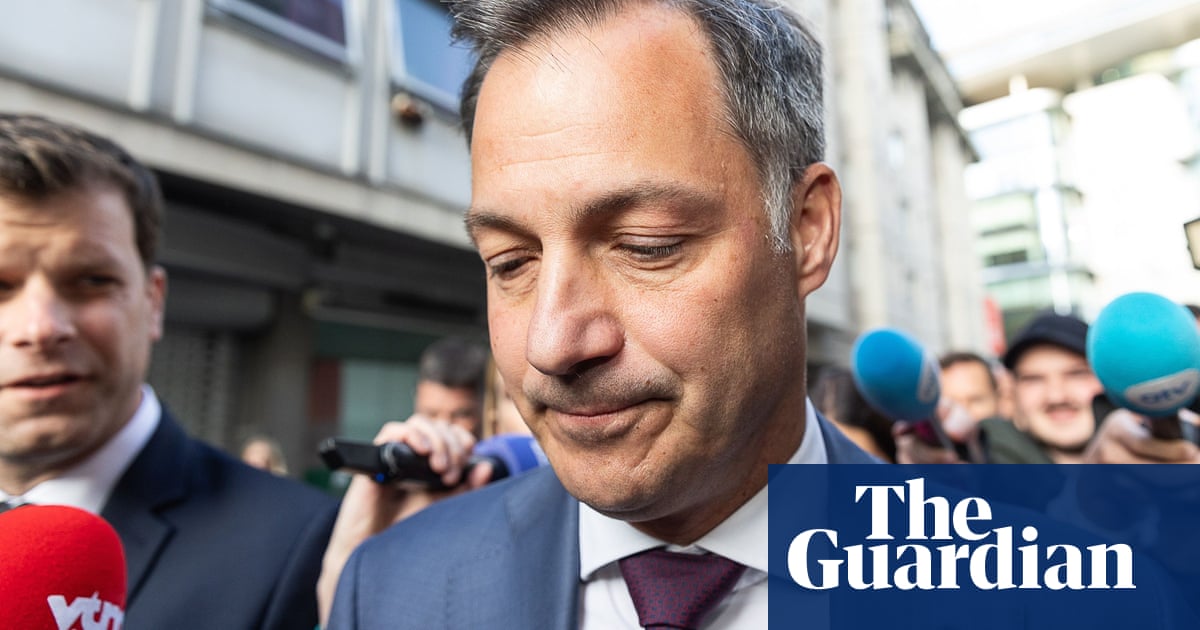An NHS trust is preparing to cancel operations, urgently discharge 140 patients and restrict admissions to help it cope with “extreme winter pressures”.
The Gloucestershire acute trust declared a “critical incident” on Wednesday as hospitals in England asked patients seeking medical help to come alone to reduce overcrowding in A&E.
Doctors and nurses should try to free up as many of the beds in the hospitals it runs in Gloucester and Cheltenham as possible by doing what they could “where clinically appropriate to maximise the opportunity for discharge and minimise the need for admission”, it told staff in a circular.
The trust is also asking staff to wear a surgical mask in many areas of care in response to the UK-wide rise in flu, which a senior NHS doctor warned would not peak for another week or two.
The memo read: “Teams and divisions may need to cancel elective activity where this will either reduce the pressure on emergency pathways or release staff/other resources that will help reduce the pressure. We will need to create more than 140 discharges today and tomorrow.
“This will help to prevent … patients remaining in ambulances for prolonged periods [and] prevents our emergency department from becoming congested, which adds to delays and introduces heightened level of risk … and will pressure our ITU [intensive care] capacity.”
Wes Streeting, the health secretary, said flu is putting “extraordinary pressure” on hospitals. South Warwickshire NHS trust also declared a critical incident – an admission that it could not cope – on Wednesday after Warwick hospital A&E became so busy that bosses said only patients with life-threatening emergencies should attend.
Prof Julian Redhead, NHS England’s national clinical director for urgent and emergency care, said he feared things would get worse before they get better.
“Wards are now full to bursting and that pressure is feeding back into A&E departments, with patients being treated in environments not usually used for clinical care,” he told the PA news agency.
While there is “some evidence” that flu cases may be peaking, the return of schools this week could lead to greater transmission of the flu virus as a result of greater social contact.
Redhead added: “It’s too early to say it’s definitively peaked. I would hope there would be a peak in the next one to two weeks.”
Helen Fernandes, an NHS doctor and chair of the campaign group Doctors Association UK, said: “The NHS is at breaking point. A lot of that is admissions due to flu and other respiratory illnesses, which are making staff sick too. Flu seems particularly virulent this year and it also seems to have come earlier, and be causing more problems, than usual.
after newsletter promotion
“My 99-year-old grandmother was taken into hospital at 7am this morning with possible flu and pneumonia. She’s on a trolley and has been told that she’s facing a 21-hour wait to be seen and assessed. It should be four hours maximum.
“It’s the new normal. It’s just what you expect, given the generally overwhelmed state of the NHS. It’s not because staff aren’t working hard. It’s because the whole system is so overloaded that even the frailest members of our community face these appalling trolley waits.”
Meanwhile, in an email to staff last week, the West Midlands ambulance service said delays in crews handing over patients to A&E staff at hospitals in the region hit an “unacceptable” record high over Christmas and new year.
It lost the largest number of hours ever in a single day – 2,829 hours on 30 December – because of crews being stuck at hospitals with patients whom they could not hand over because A&E staff were too busy to receive them. The ambulance service also lost a record number of hours in December as a whole to such delays – 53,219. And it had already lost more hours to that problem in the first nine months of 2024-25 (275,946) than it had in the whole of the previous year.
This “unwanted landmarks” occurred “despite everything being done by the trust to stabilise the situation”, including taking fewer patients to hospital, the memo added.
“These landmarks are absolutely the Christmas gift that none of us wanted to receive and clearly to have exceeded last year’s total for lost hours with three months of the year still to go is an unacceptable situation,” it said.
Article by:Source Denis Campbell Health policy editor




















